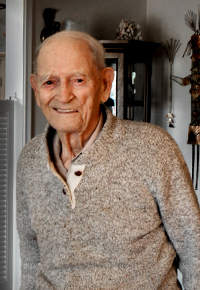
At Michigan Tech, our mascot is the Husky. I have a lot of fun with this, because Echo, one of our two family dogs, is a Husky. So I have learned a lot about this breed of dog from our Echo.
I want to call out five basic attributes that I associate with Huskies.
First of all, Huskies are very clever dogs. For example, Echo knows the name of many of her toys. Her favorite toys make noises—right now, the special favorite is a stuffed Woody Woodpecker—who makes the most ridiculous noise. So I can ask Echo, “Where’s, ‘whoo-hoo-hoo-ha-ha,’ and she knows exactly what toy to bring me.
Also, Huskies are very careful dogs—most of the time. Echo is really careful to sniff each treat I offer her, before eating it. Even though she knows it’s the same dog biscuit that she had yesterday, well—she has to sniff it every time. Which is why I was so surprised when one night earlier this year, as I was staying one night at what was soon to become our family cabin (out near Point Abbaye, Michigan), I heard her crunching on something. I went to investigate—and I couldn’t believe it. She was eating rat poison which I didn’t realize was there. It had been left in a hidden corner on the kitchen floor! Luckily, it was the kind of rat poison that has an antidote (massive doses of vitamin K).
And—Huskies are VERY VOCAL and musical dogs. I believe Echo speaks entire sentences. She can clearly communicate when she is hungry, when she wants to go out, if she is bored, if something is wrong, and more. And if we begin to howl (as much as any human can), she gets downright musical, joining in and sometimes harmonizing.
Finally, Huskies are incredibly playful dogs. Echo can play catch with herself. She tosses her toys up in the air, and then pounces on them as they come down. She plays dueling stick with our other dog, they run in tandem, each with their mouths on the stick as they bound down the trail, like a harnessed team of horses with a bit in their mouth. And more. Not really a fetching dog, Echo tends to set up more elaborate play-games.
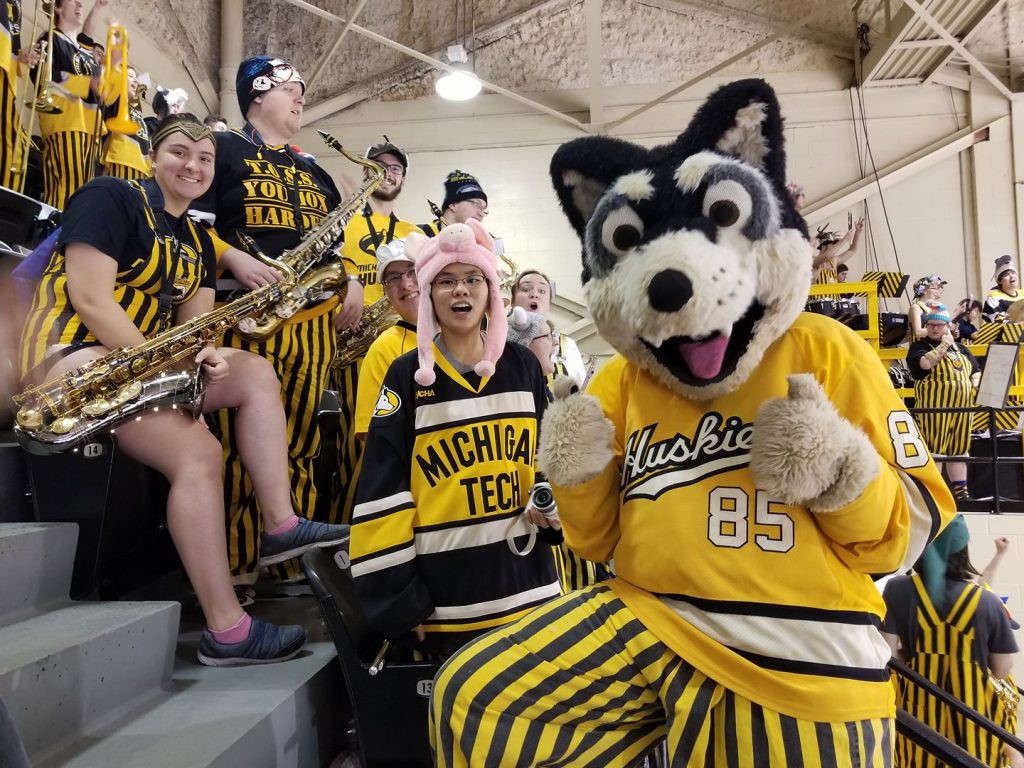
That brings me to Husky Nation, Michigan Technological University—a place where you can be clever, careful, vocal, musical and playful!
Now, if you’re interested in becoming a Michigan Tech Husky, or know someone who might be interested, and you want to know more, please let me know—Callahan@mtu.edu.
Janet Callahan, Dean
College of Engineering
Michigan Tech
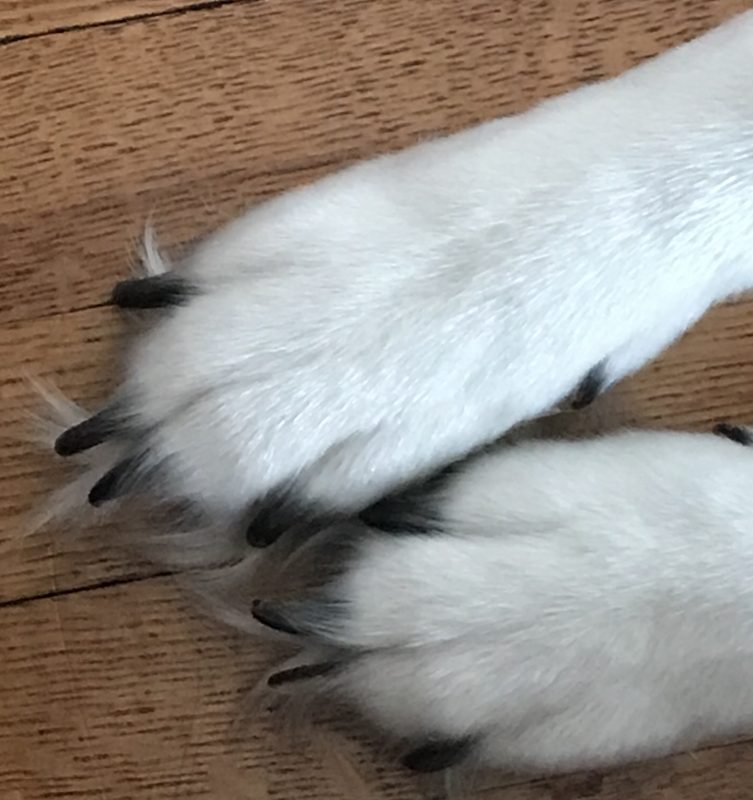

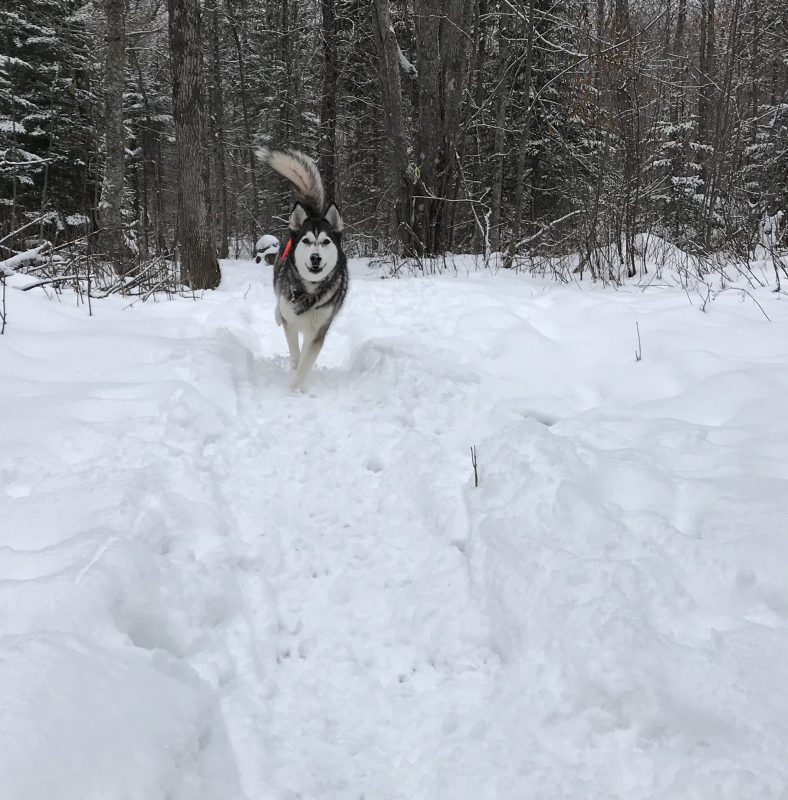
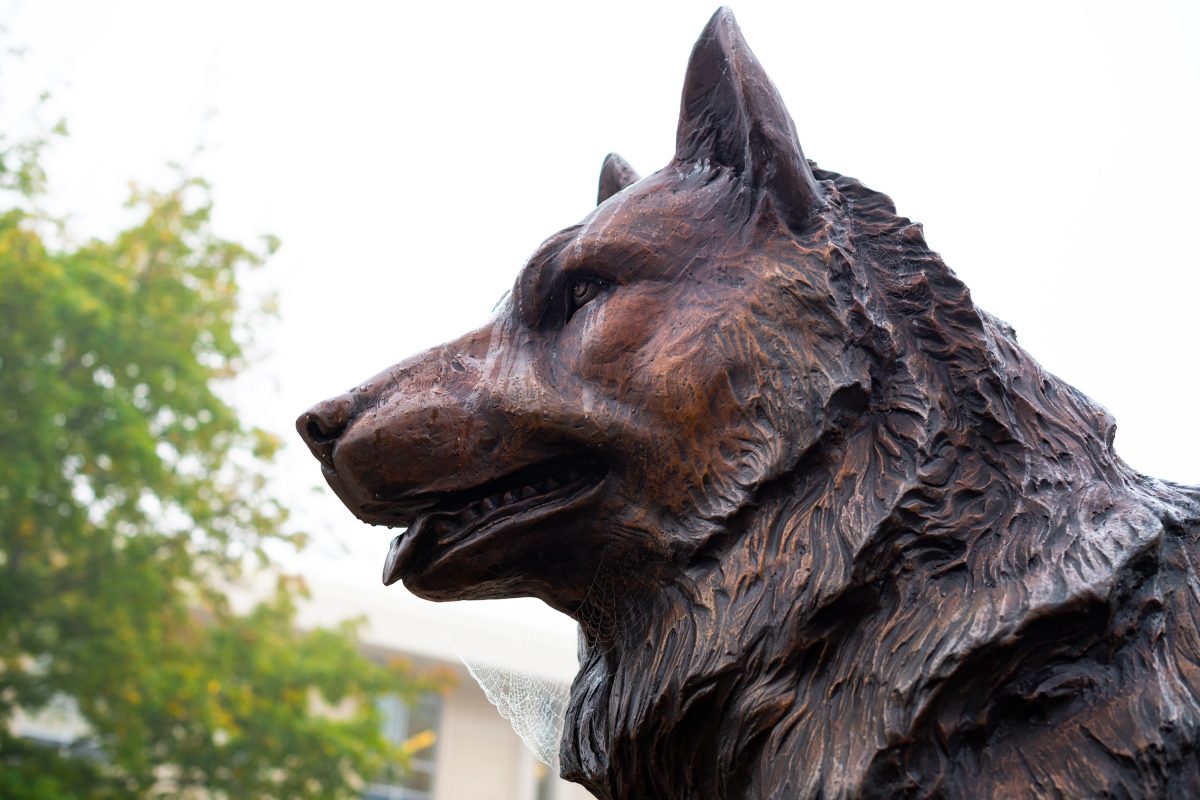
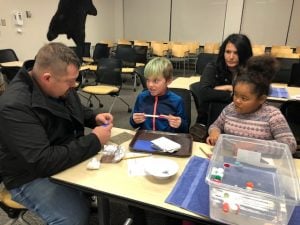
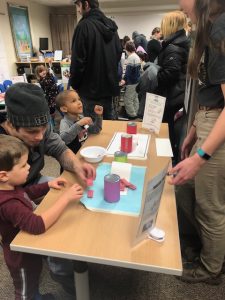
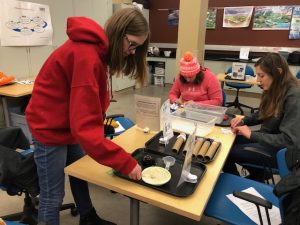
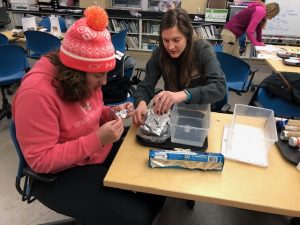
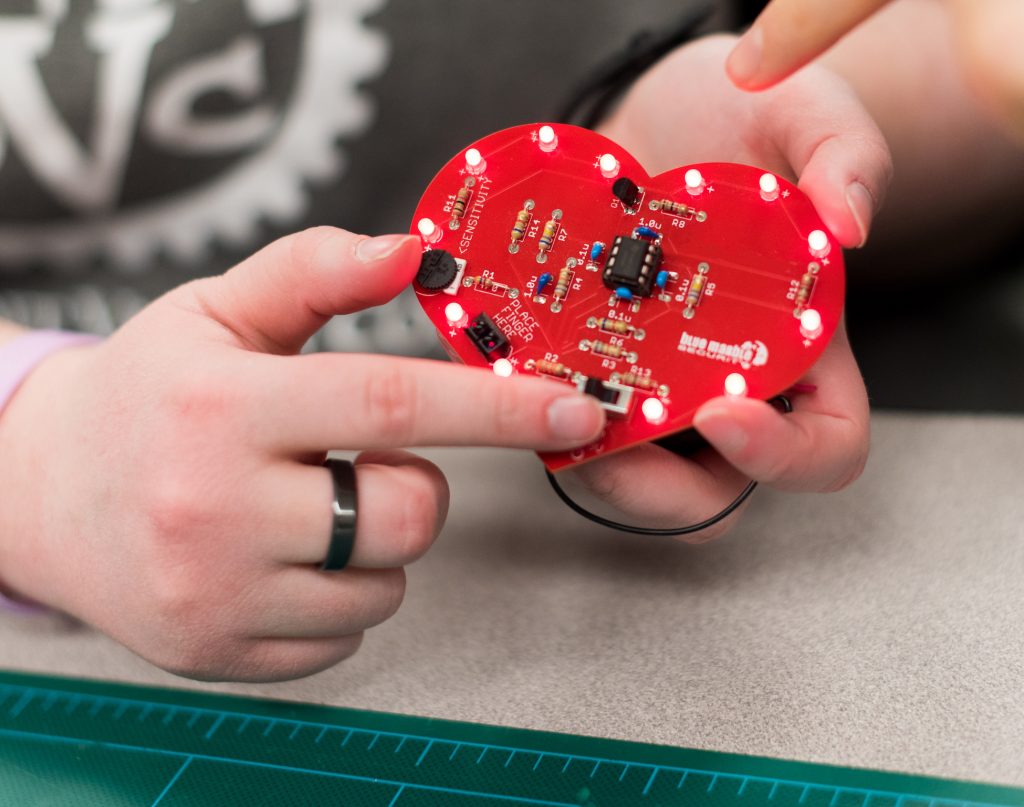
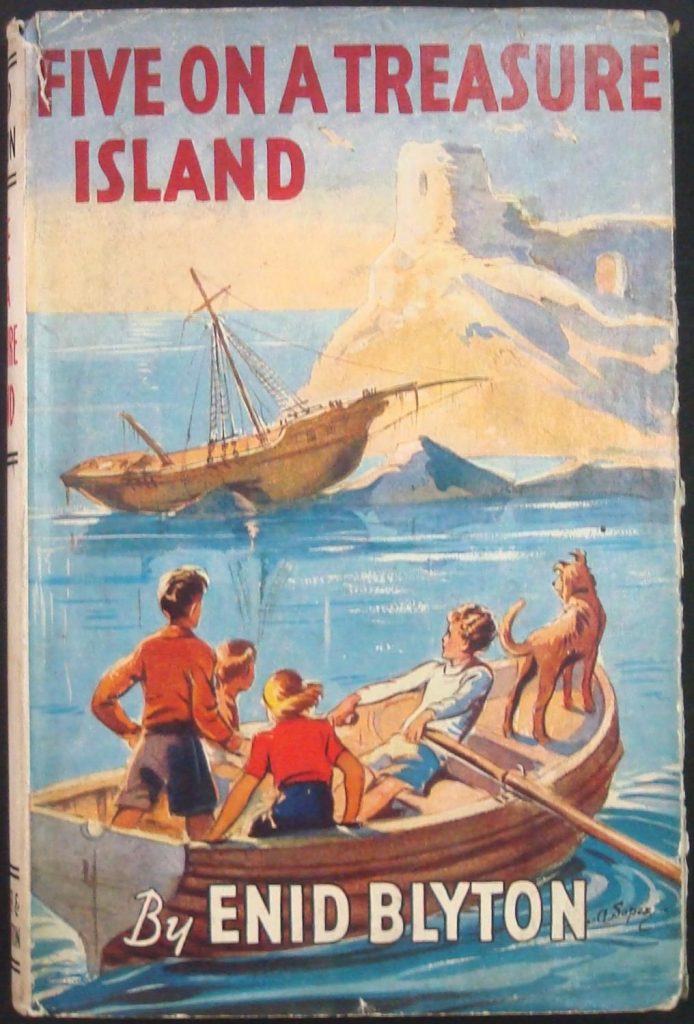
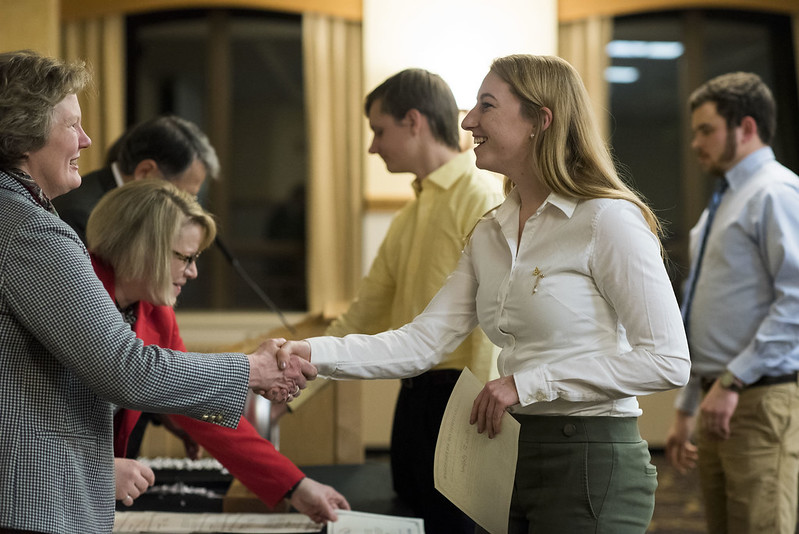
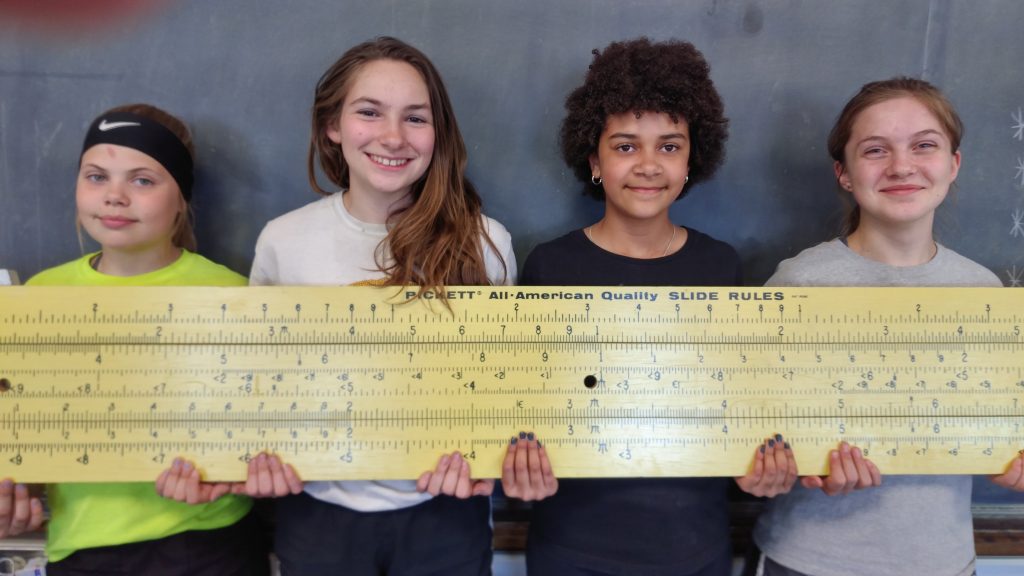
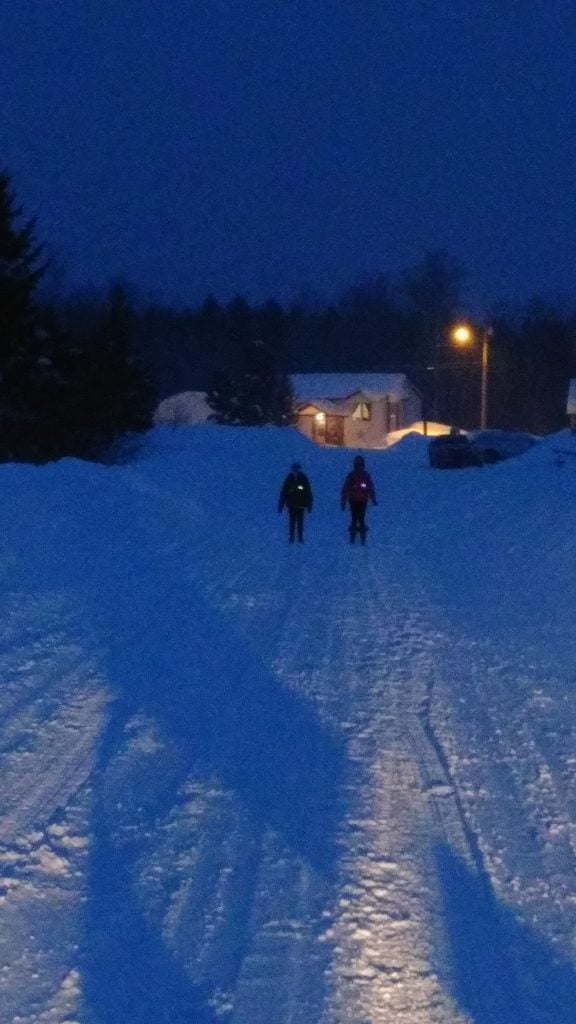
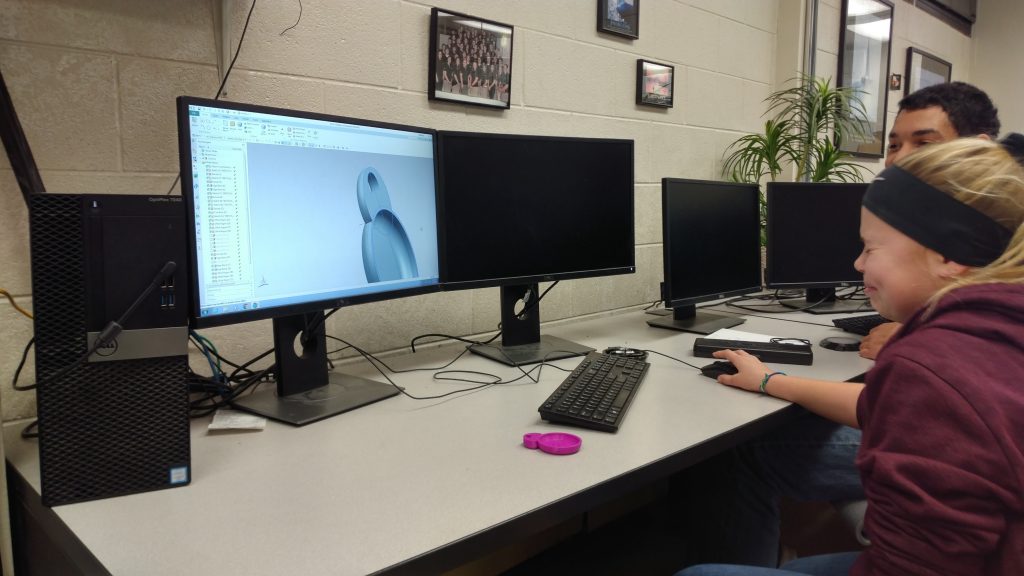
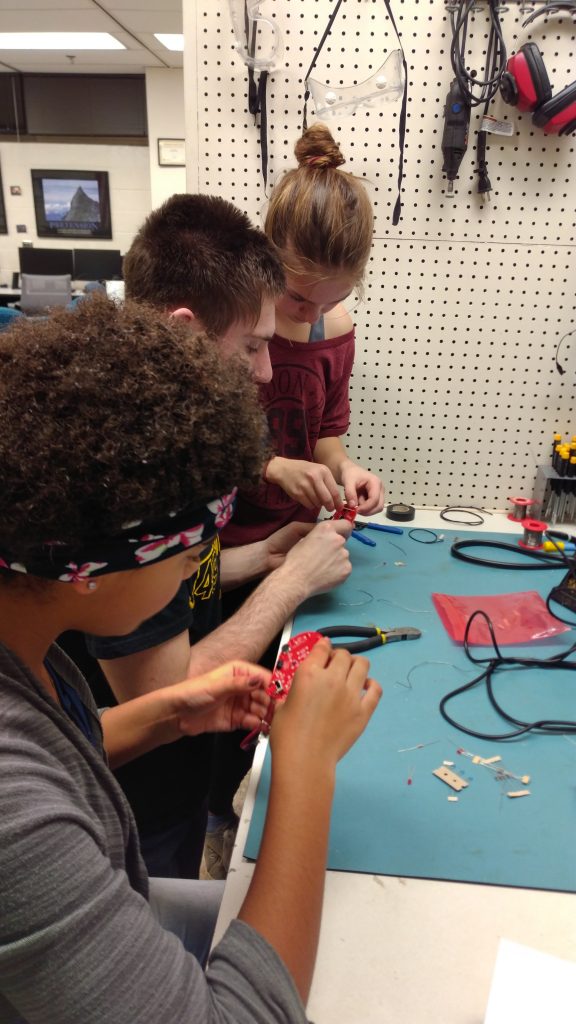
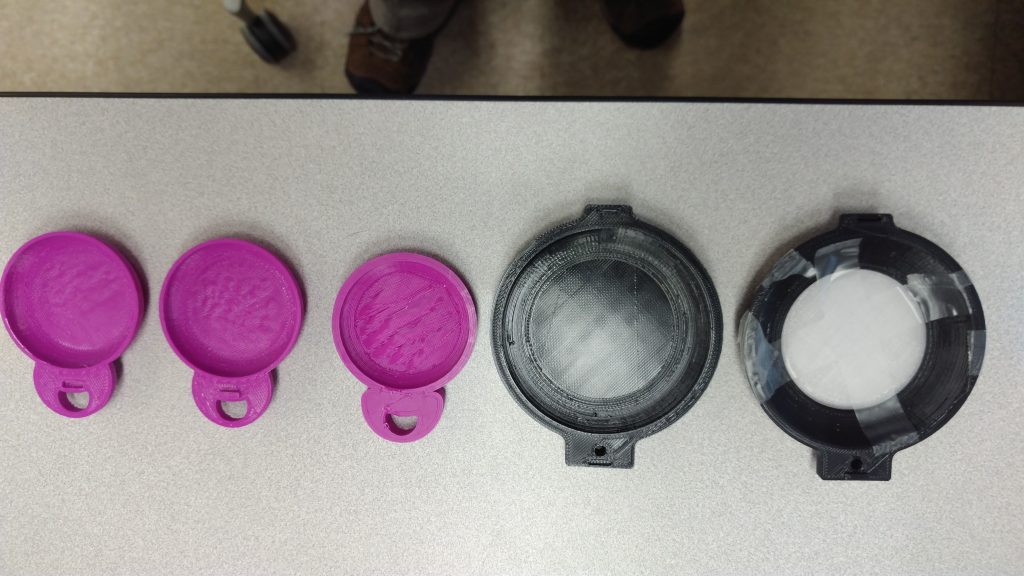
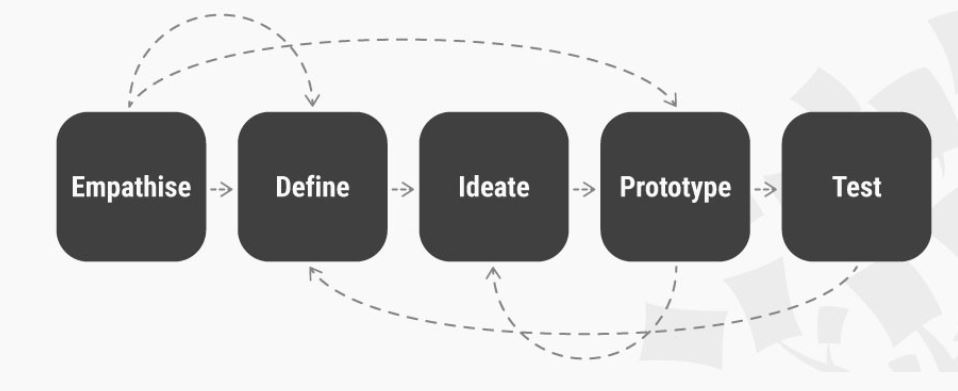
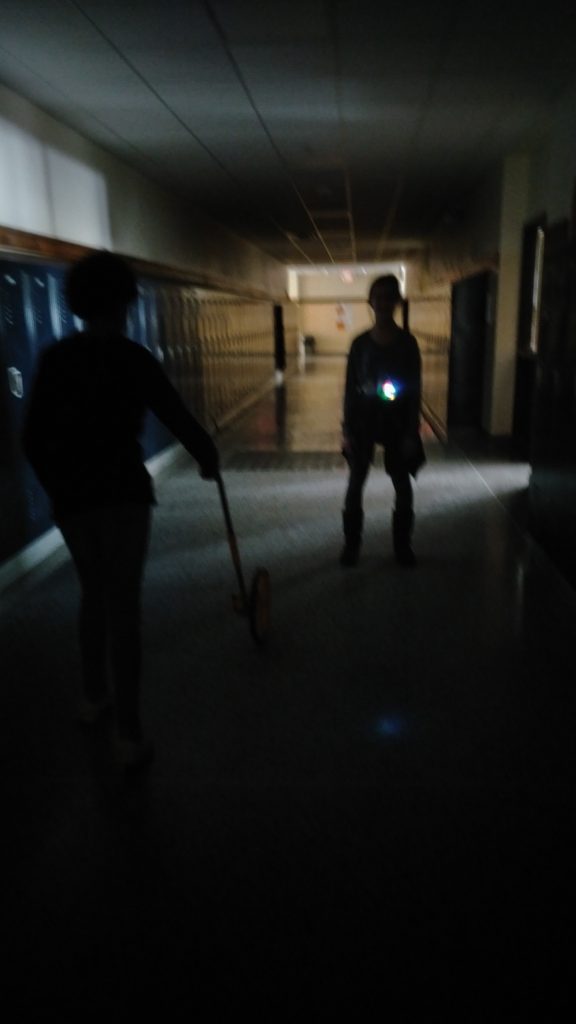
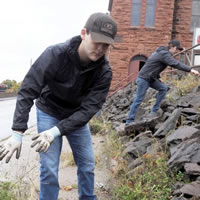
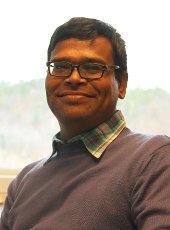
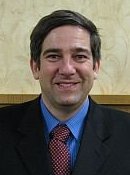
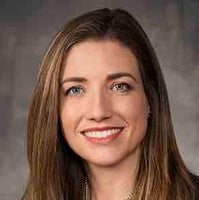
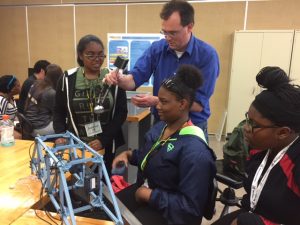 Eighteen high school students from Detroit and across the lower peninsula are spending six days at Michigan Tech from July 22-27, 2019, to explore Natural Resources and Engineering majors and consider attending Michigan Technological University. This is the 5th year that the program has been conducted.
Eighteen high school students from Detroit and across the lower peninsula are spending six days at Michigan Tech from July 22-27, 2019, to explore Natural Resources and Engineering majors and consider attending Michigan Technological University. This is the 5th year that the program has been conducted.